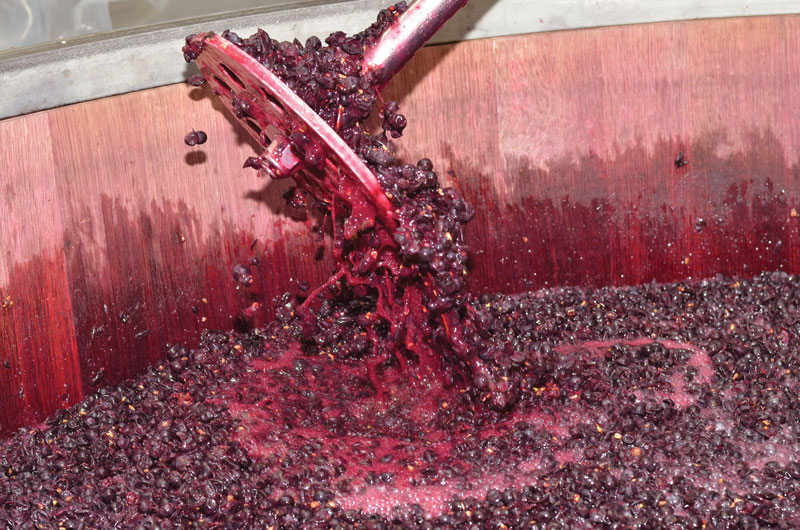Those are a great couple of questions. Decanting, or the pouring of a wine out of its bottle into another, larger container (usually made of clear glass or crystal), is something that can be done with almost any wine. The aims of decanting are multifold and can include: To remove sediment from older, aged wines; to introduce air into and “open up” younger wines so they’re more approachable; and/or to present a wine in an attractive container at the table.
Sparkling wines, however, are never decanted because they would quickly lose their all-important bubbles. White wines are rarely decanted because they tend to be more sensitive to oxygen exposure than reds and often don’t benefit as much from the procedure. Furthermore, white wines are often kept chilled in a bottle cooler at the table. It’s difficult to keep a decanter chilled to the proper serving temperature as they tend to be much larger at the base than a standard wine bottle.
Can decanting ever make a wine worse? Indeed, the earlier examples come to mind, i.e. making a sparkling wine flat and forcing a white wine to warm up to room temperature too quickly. That being said, decanting doesn’t so much transform a wine in one step as cause it to evolve over time. It’s very much about the interaction of oxygen into the wine. Younger red wines can almost always benefit from decanting. Why not pour out a glass from a bottle and (I know this is hard) not drink it for an hour. Then pour out a second glass of the same wine and compare. If you like the wine that’s been “open” for an hour more than the glass you just poured out of the bottle, then that’s a good sign this wine should be decanted. In general, I believe that the more interesting and complex the wine, or the more young and tannic, the more it can benefit from the decanting process.


